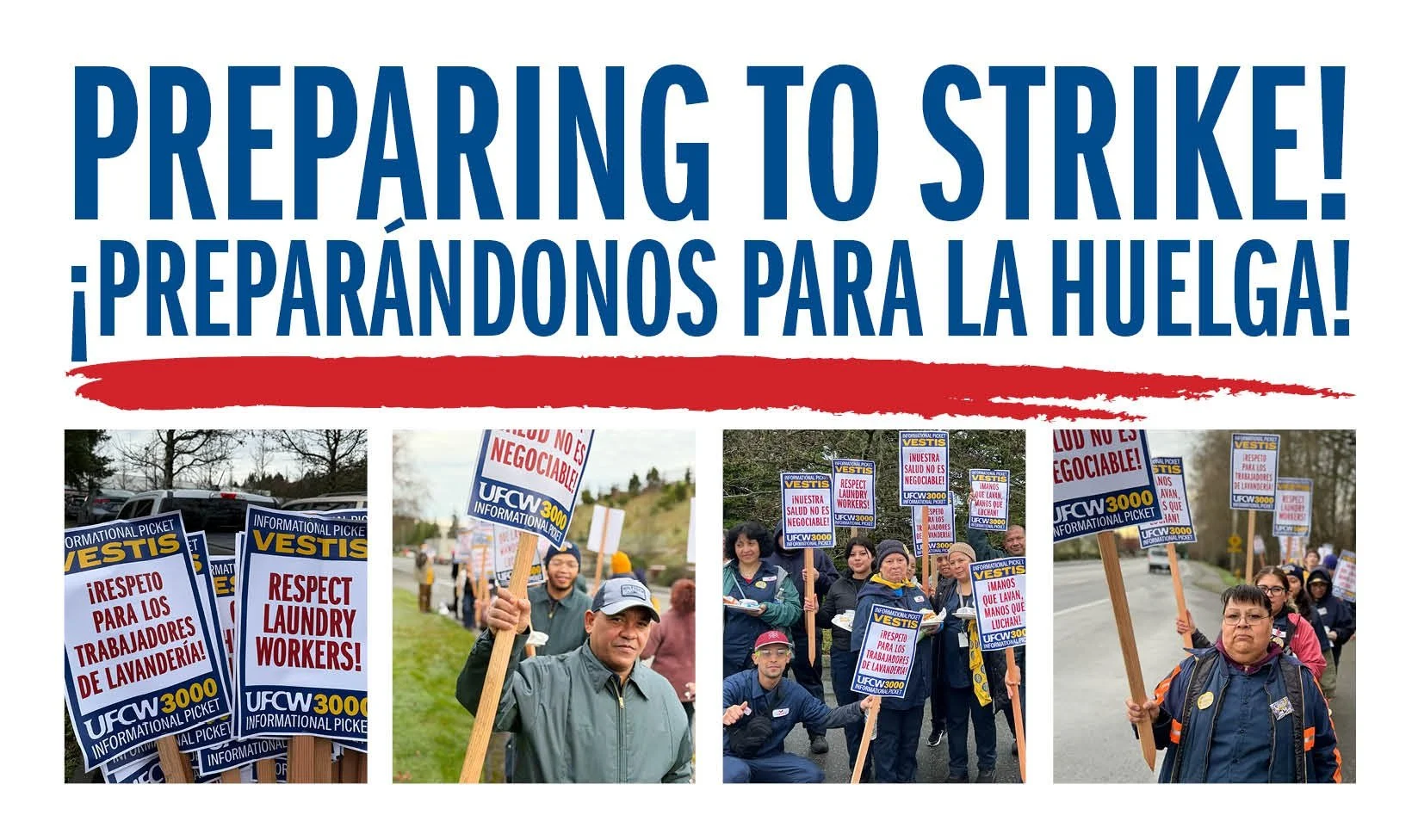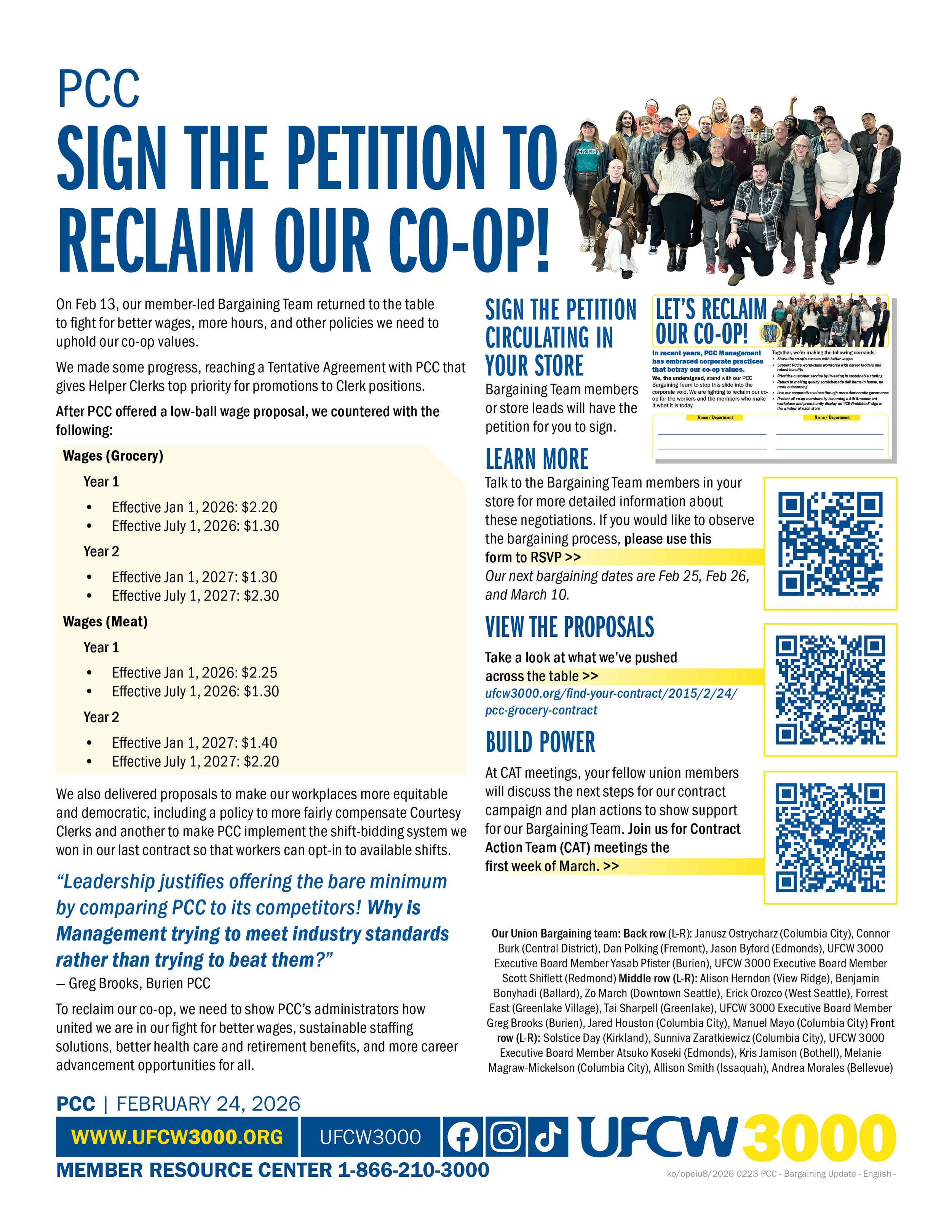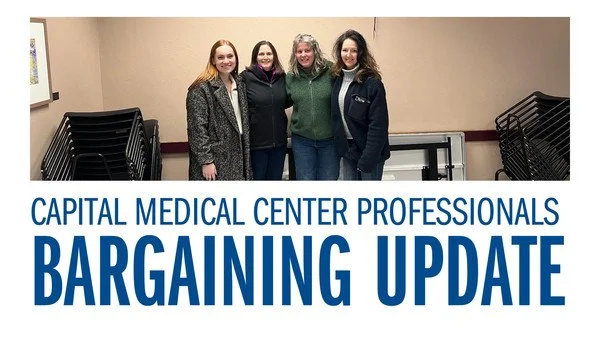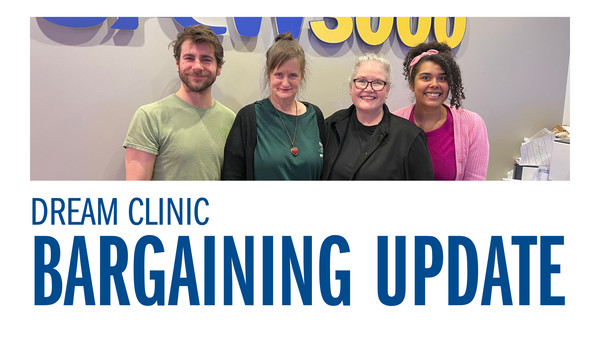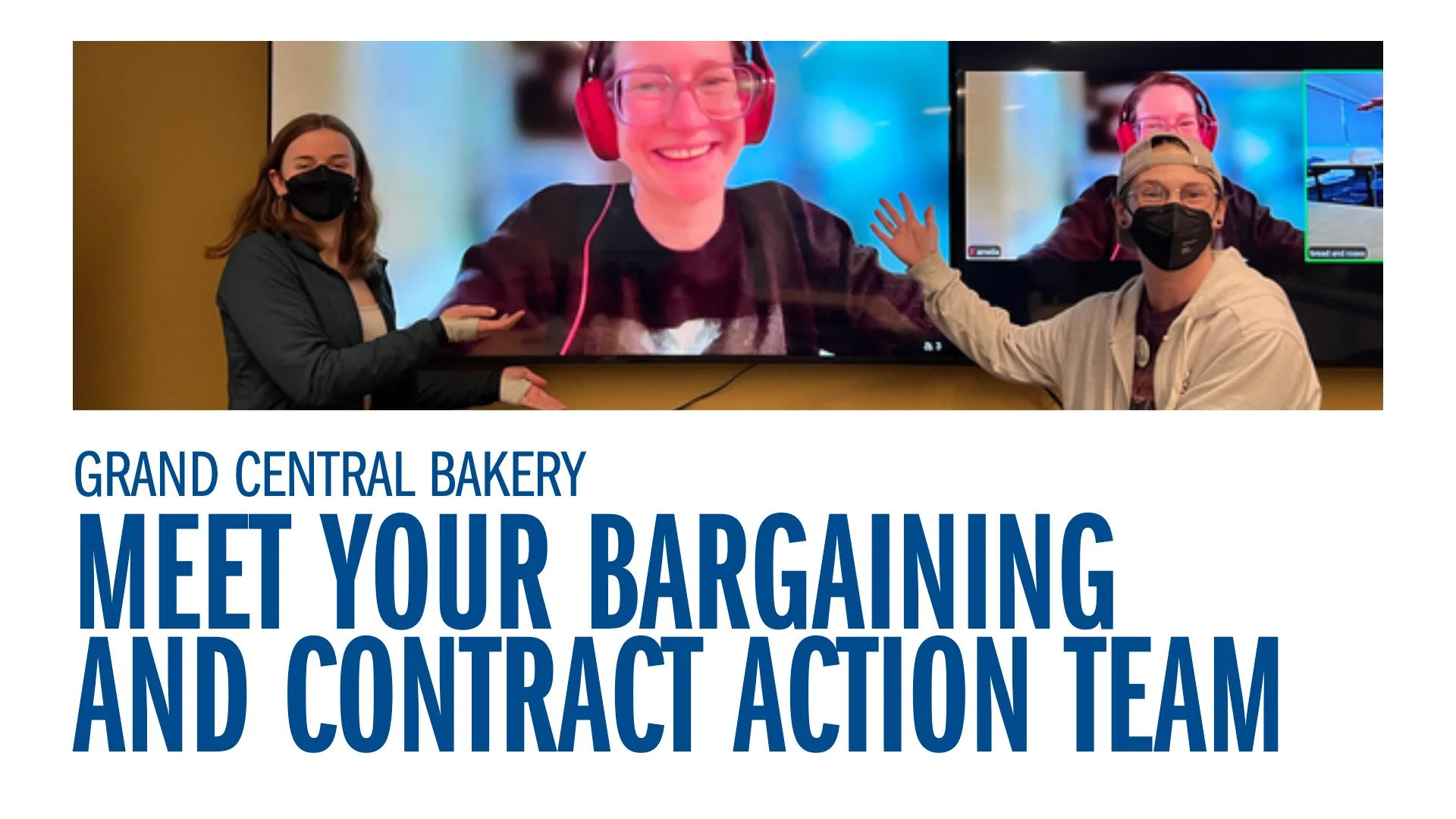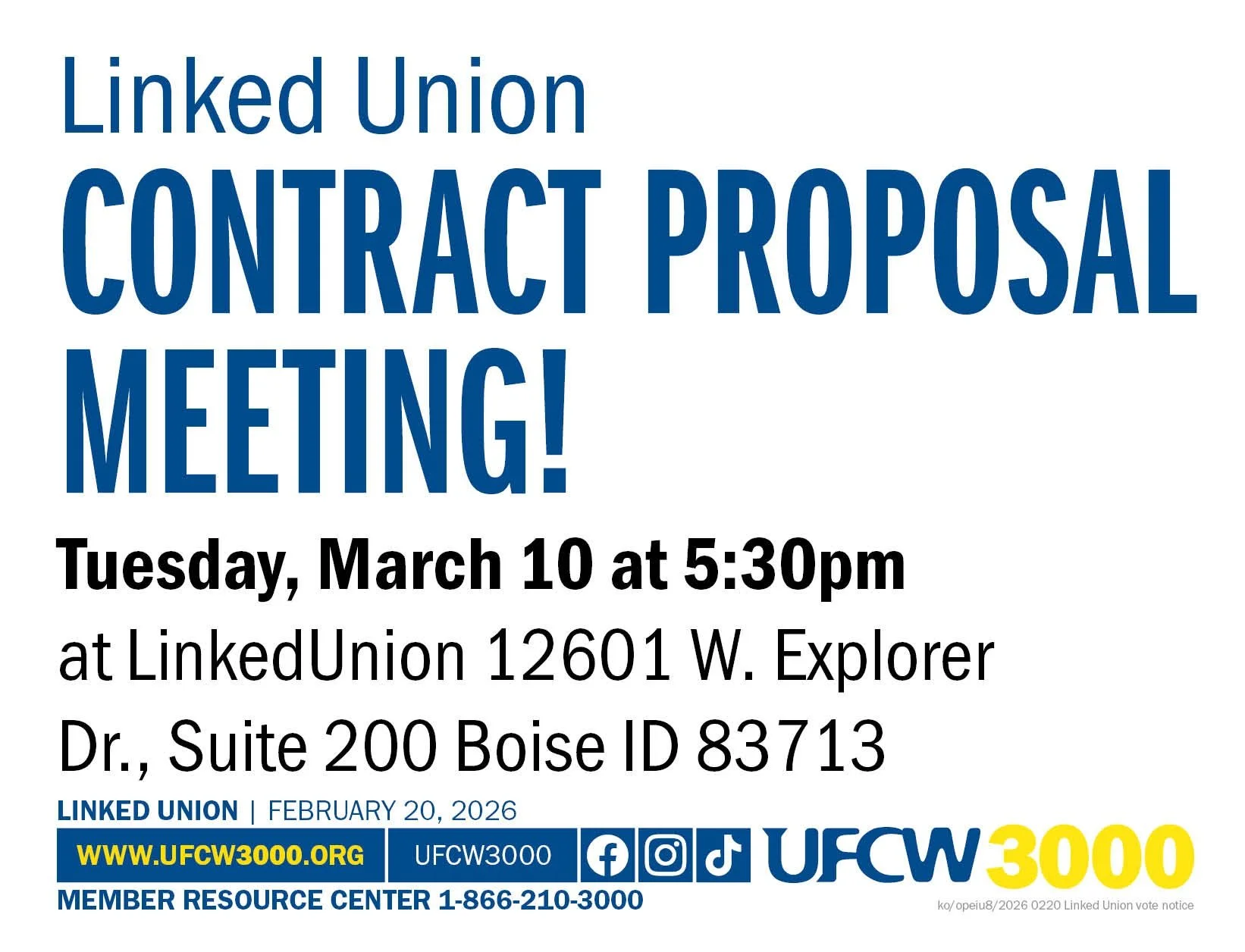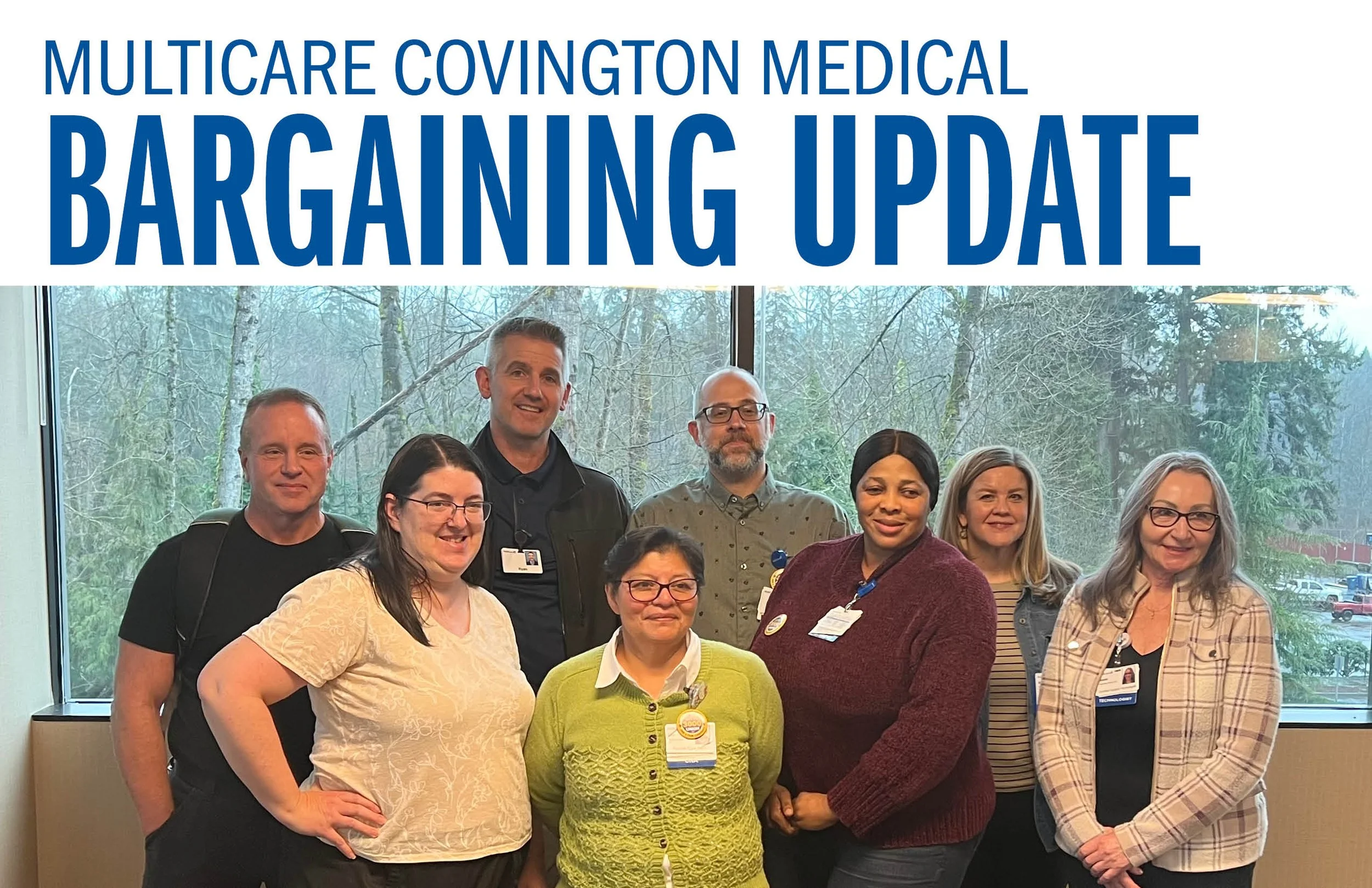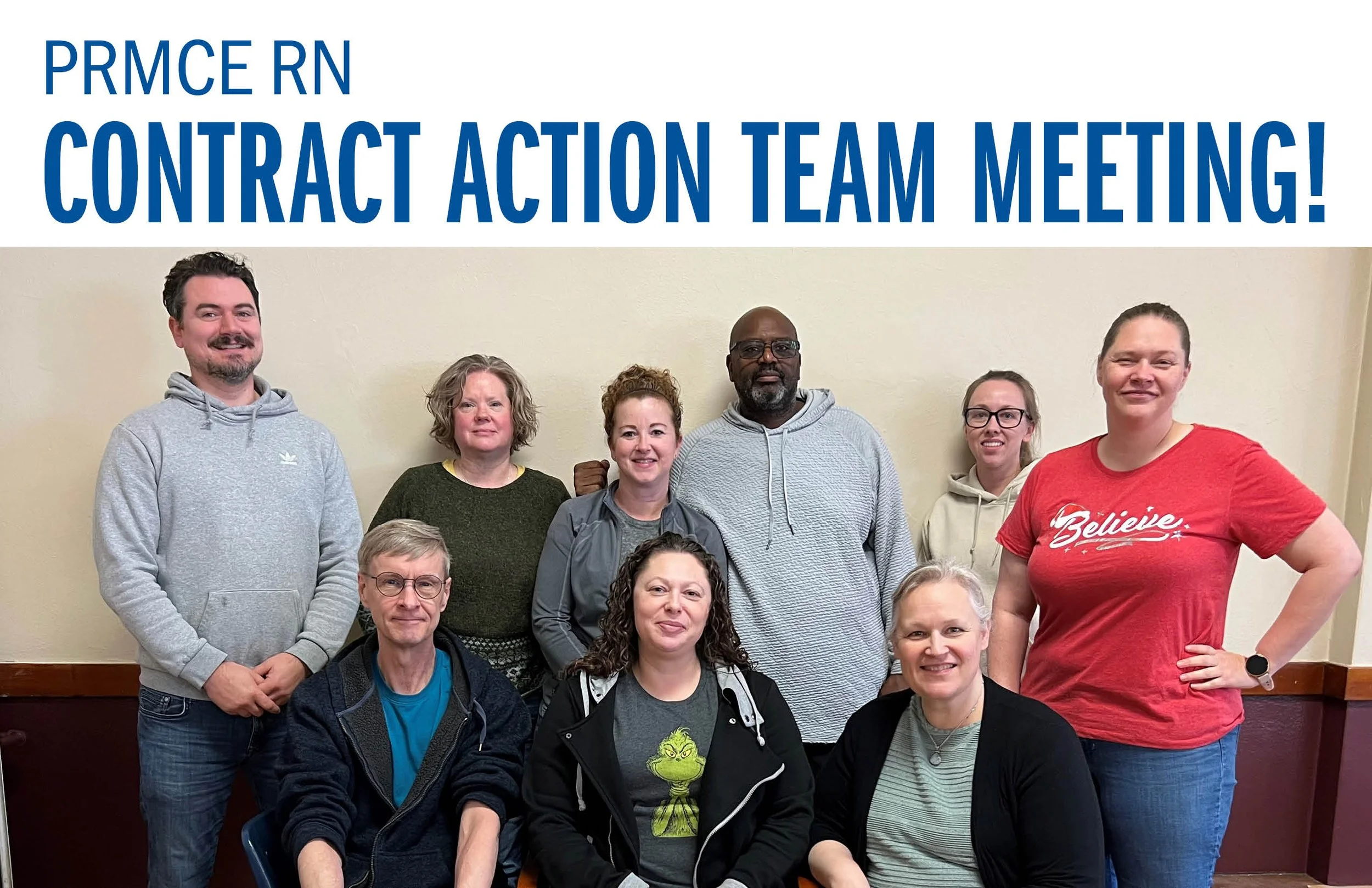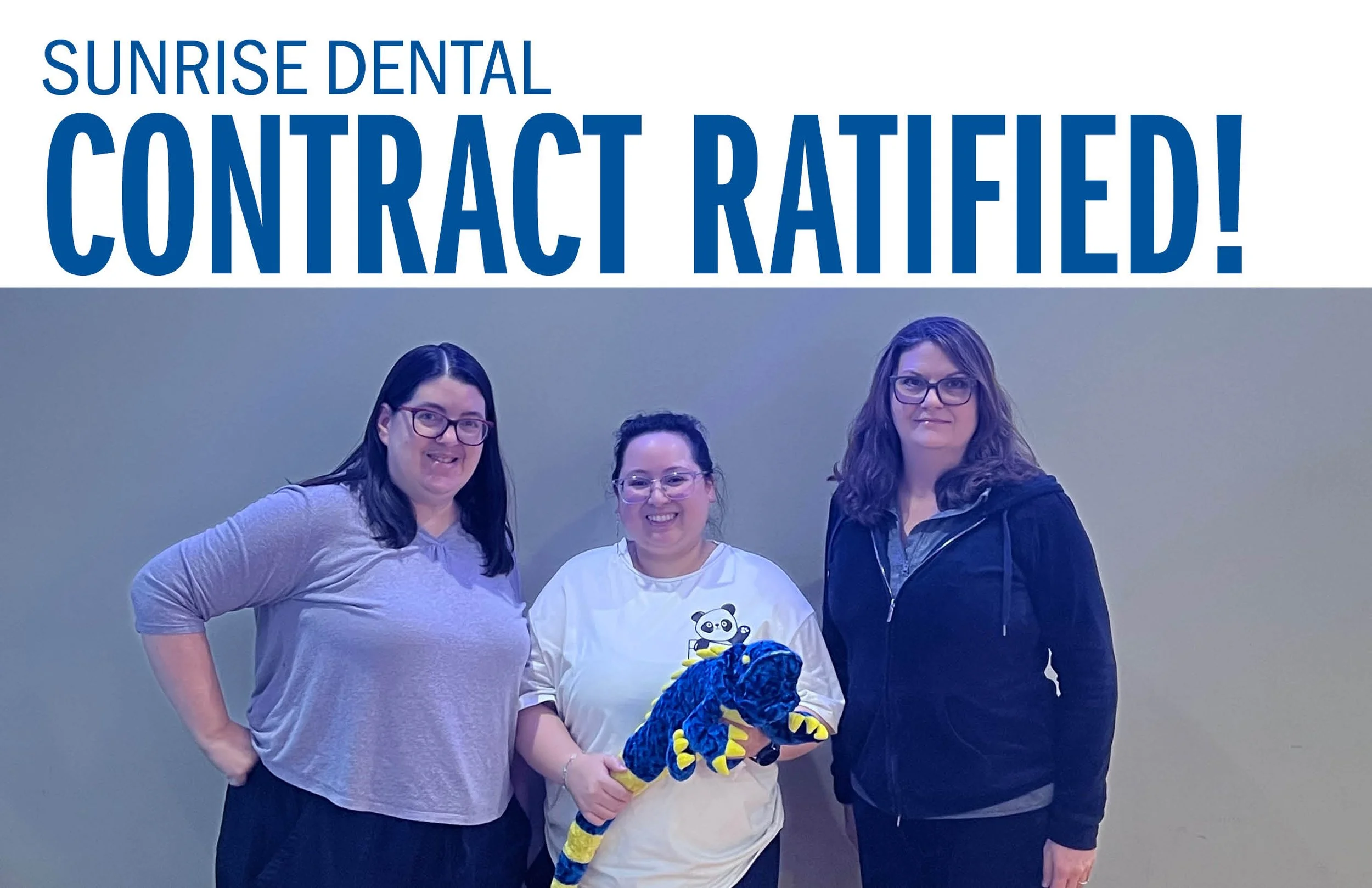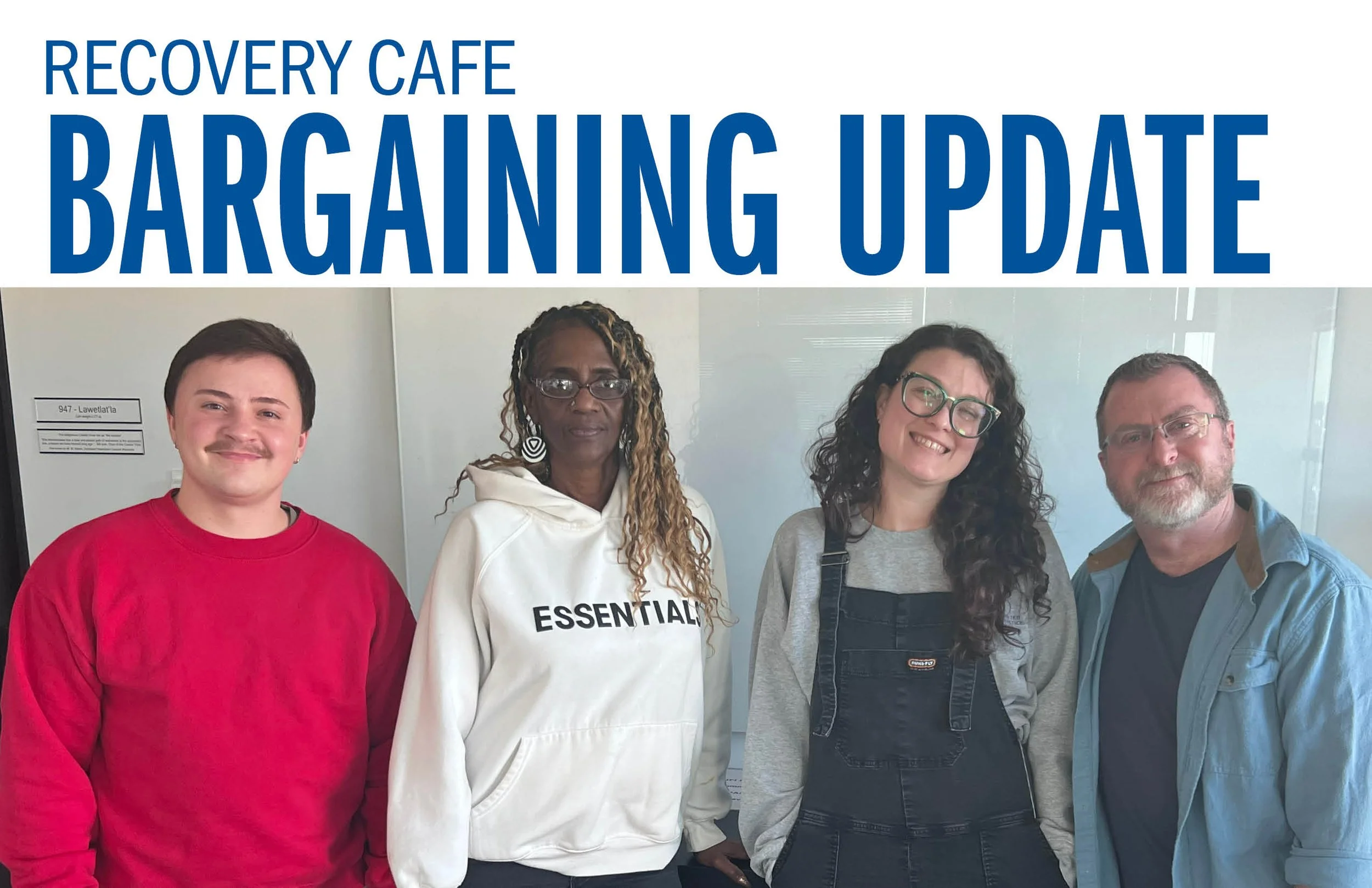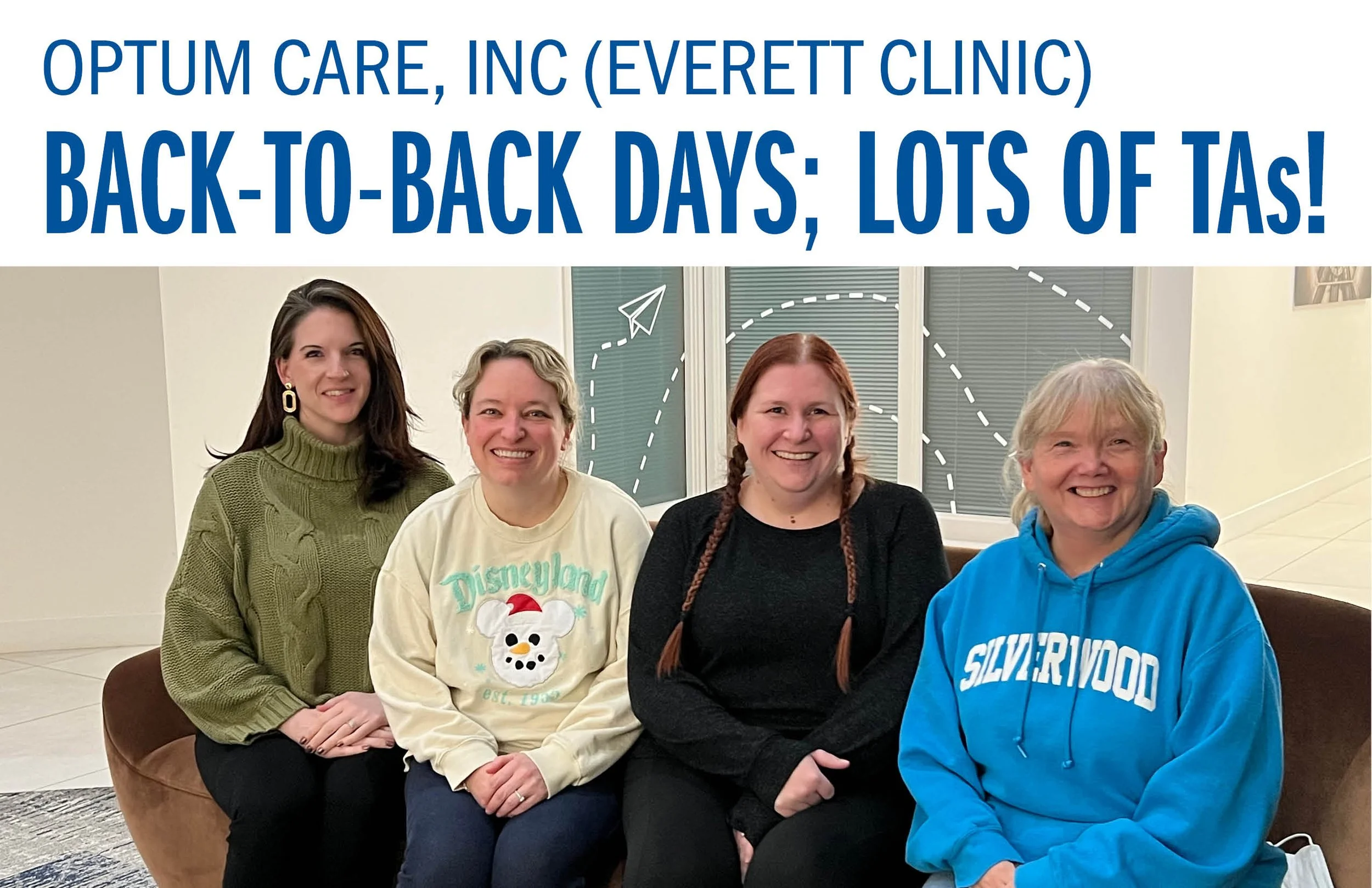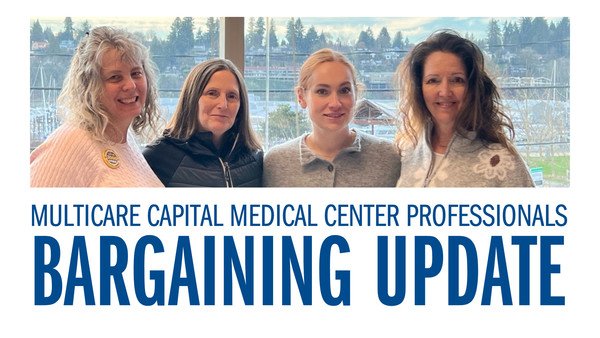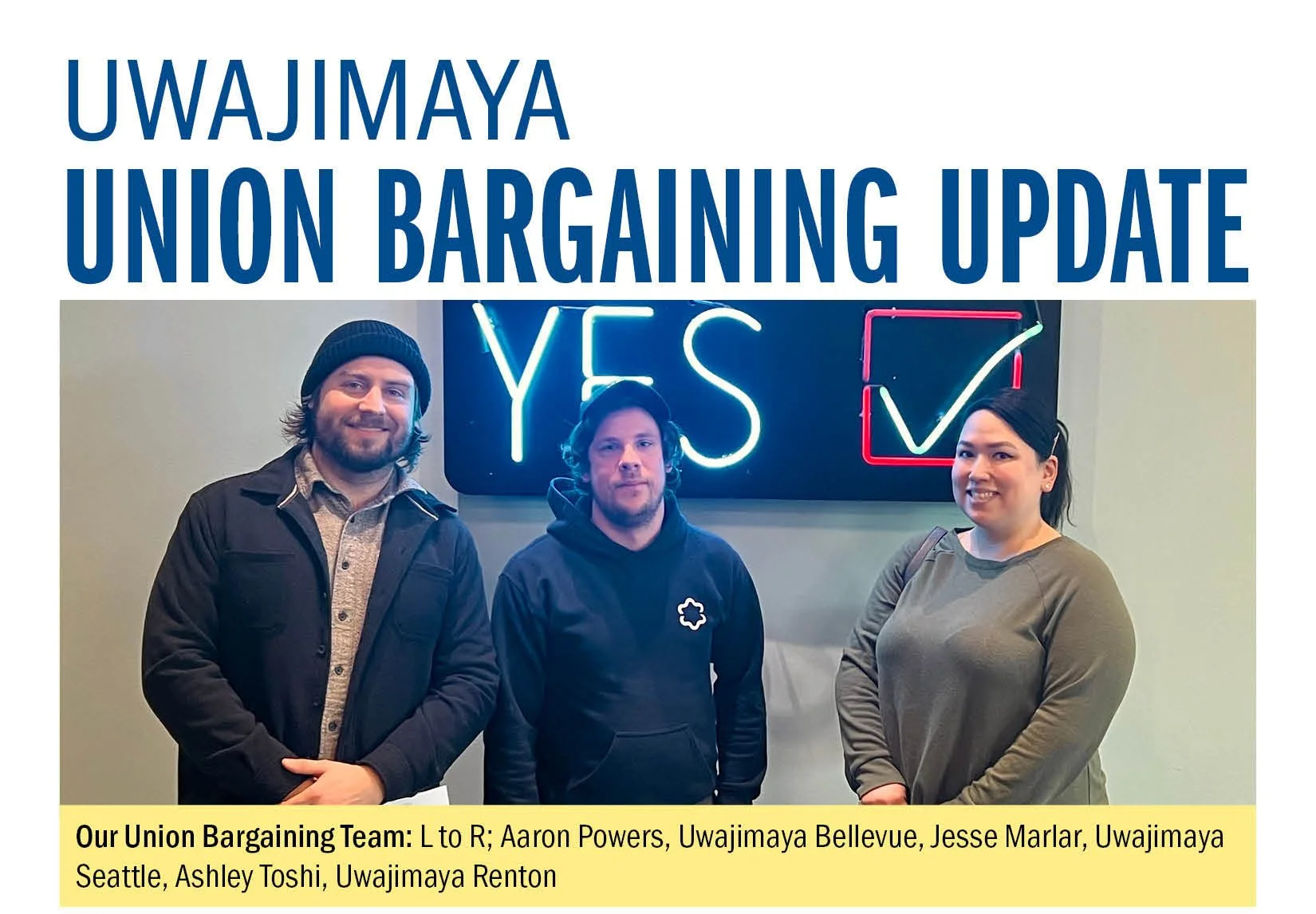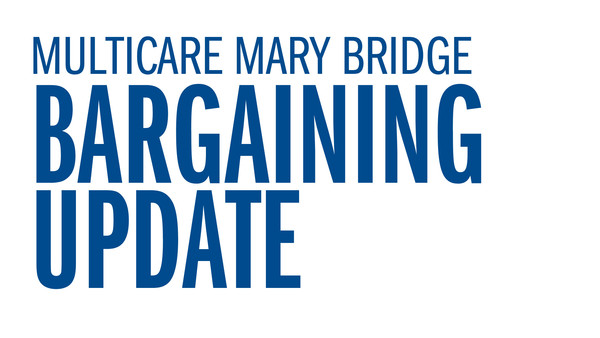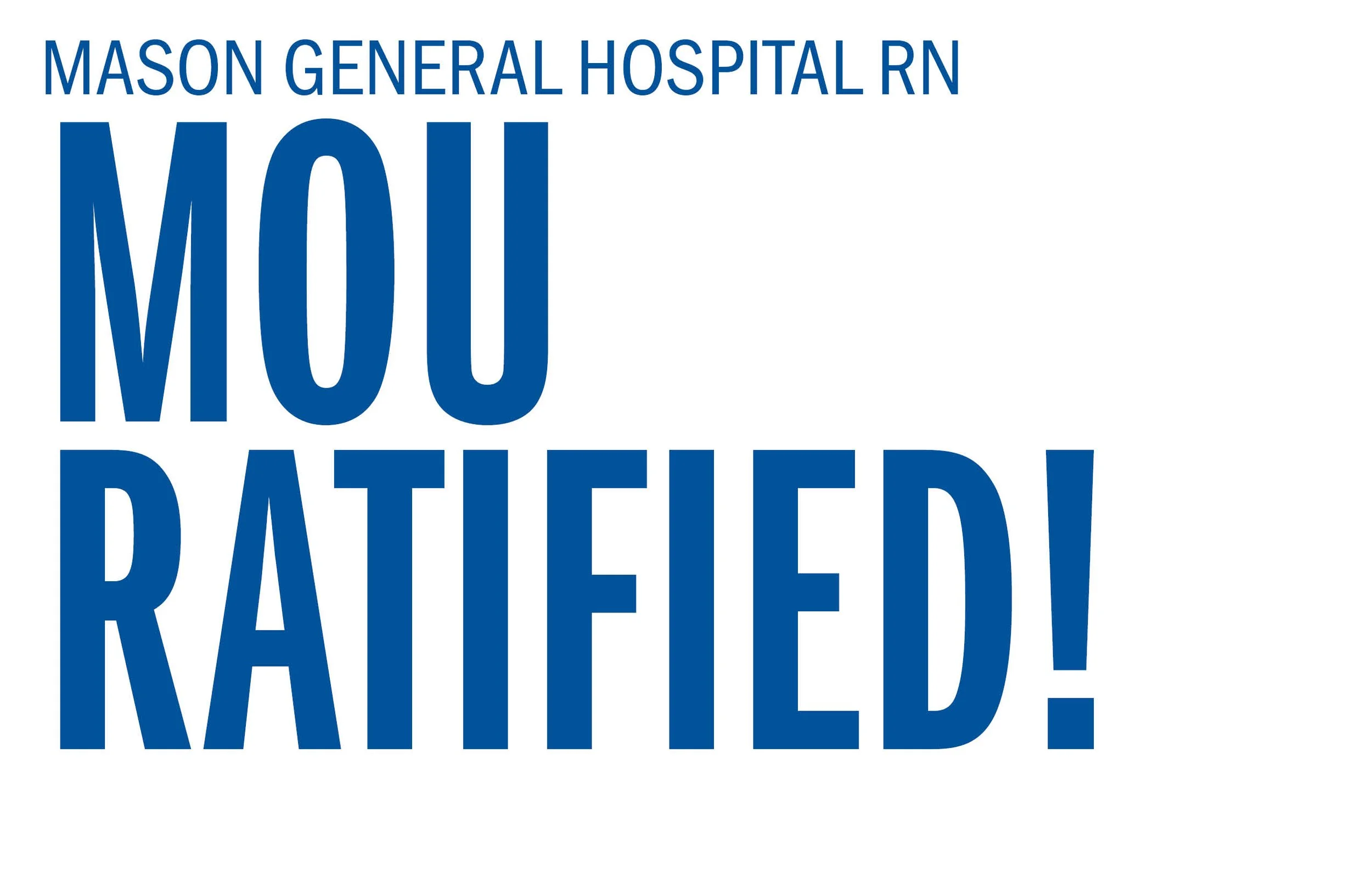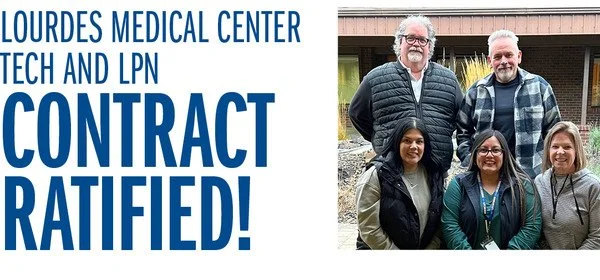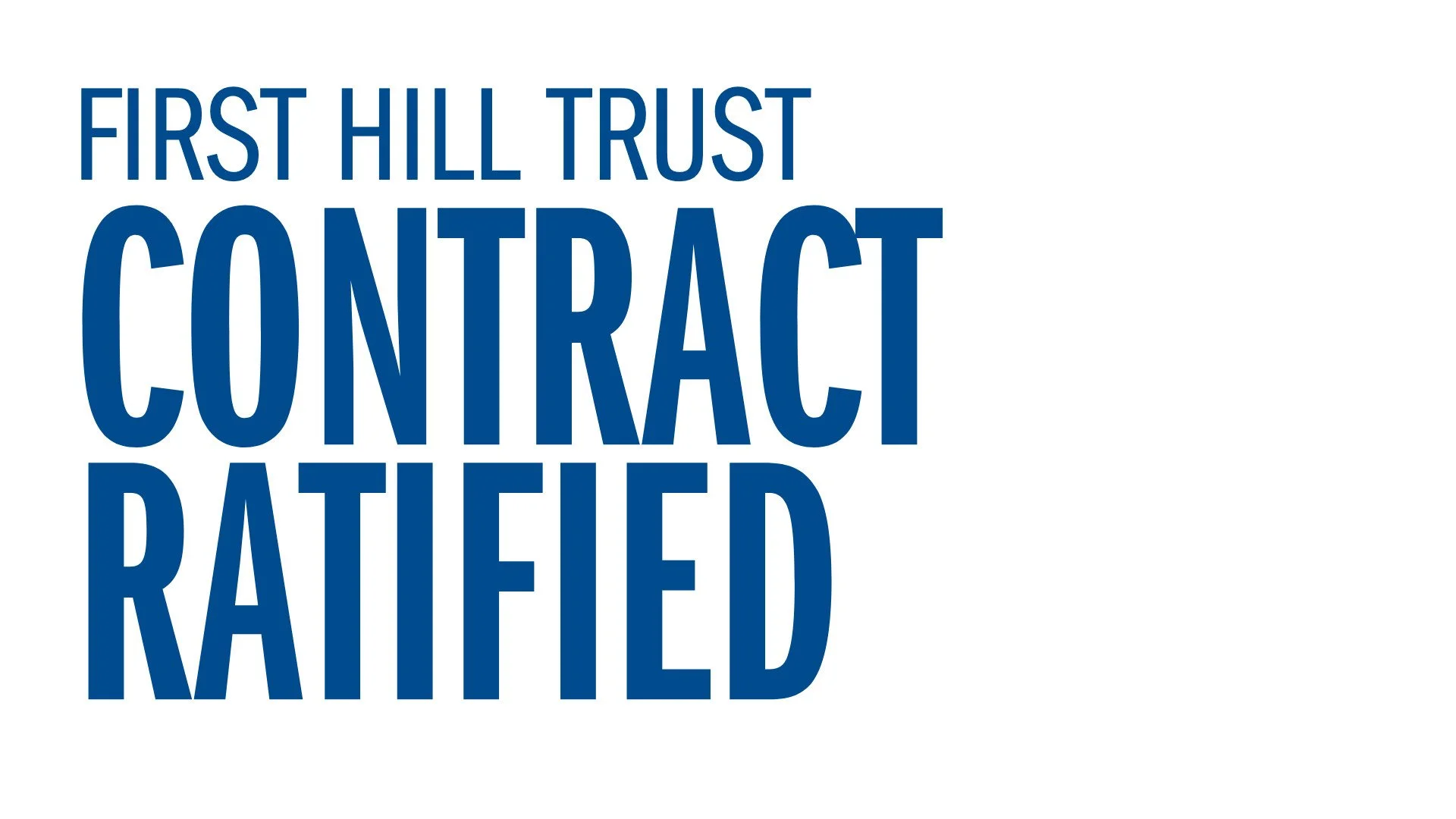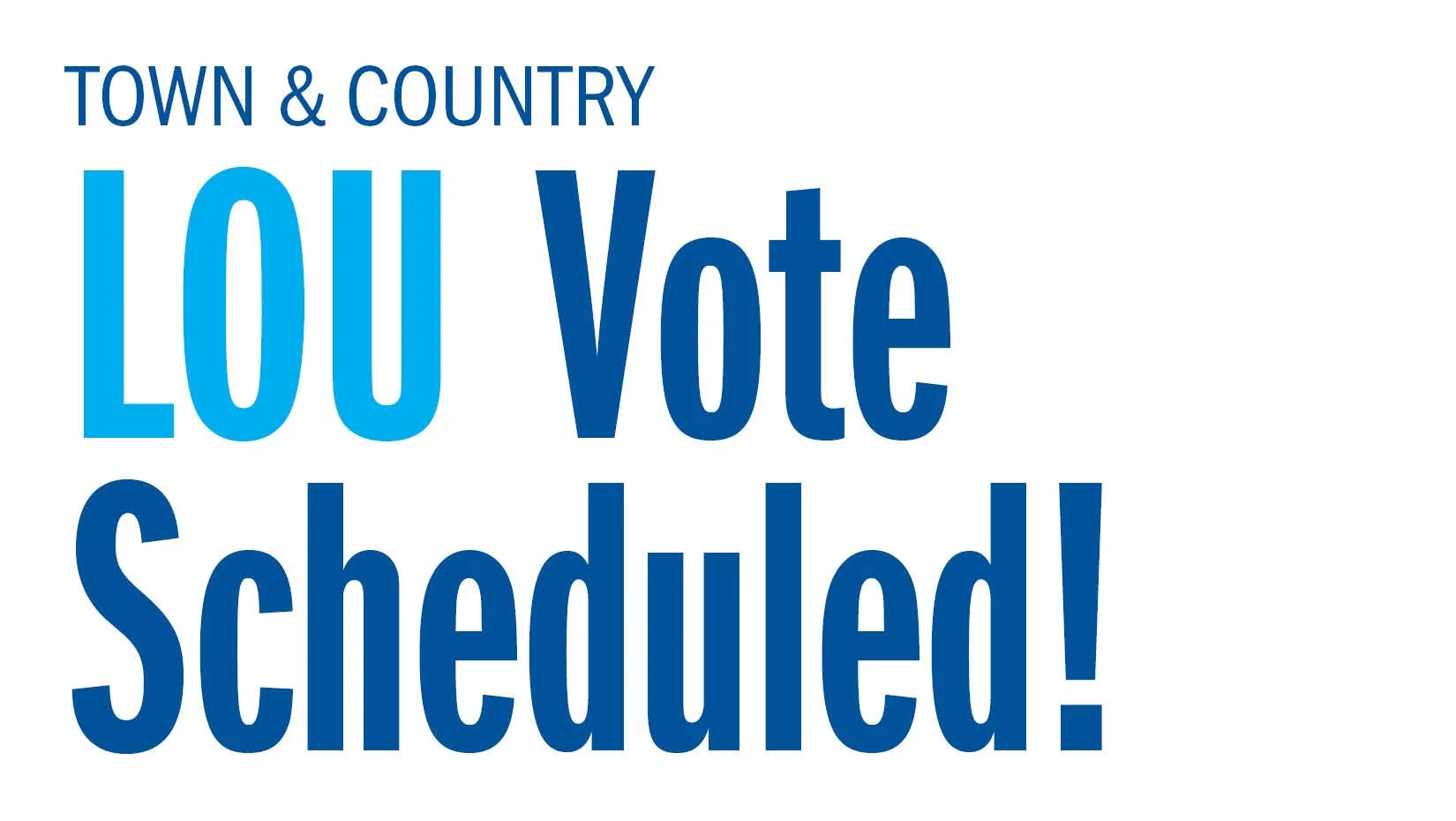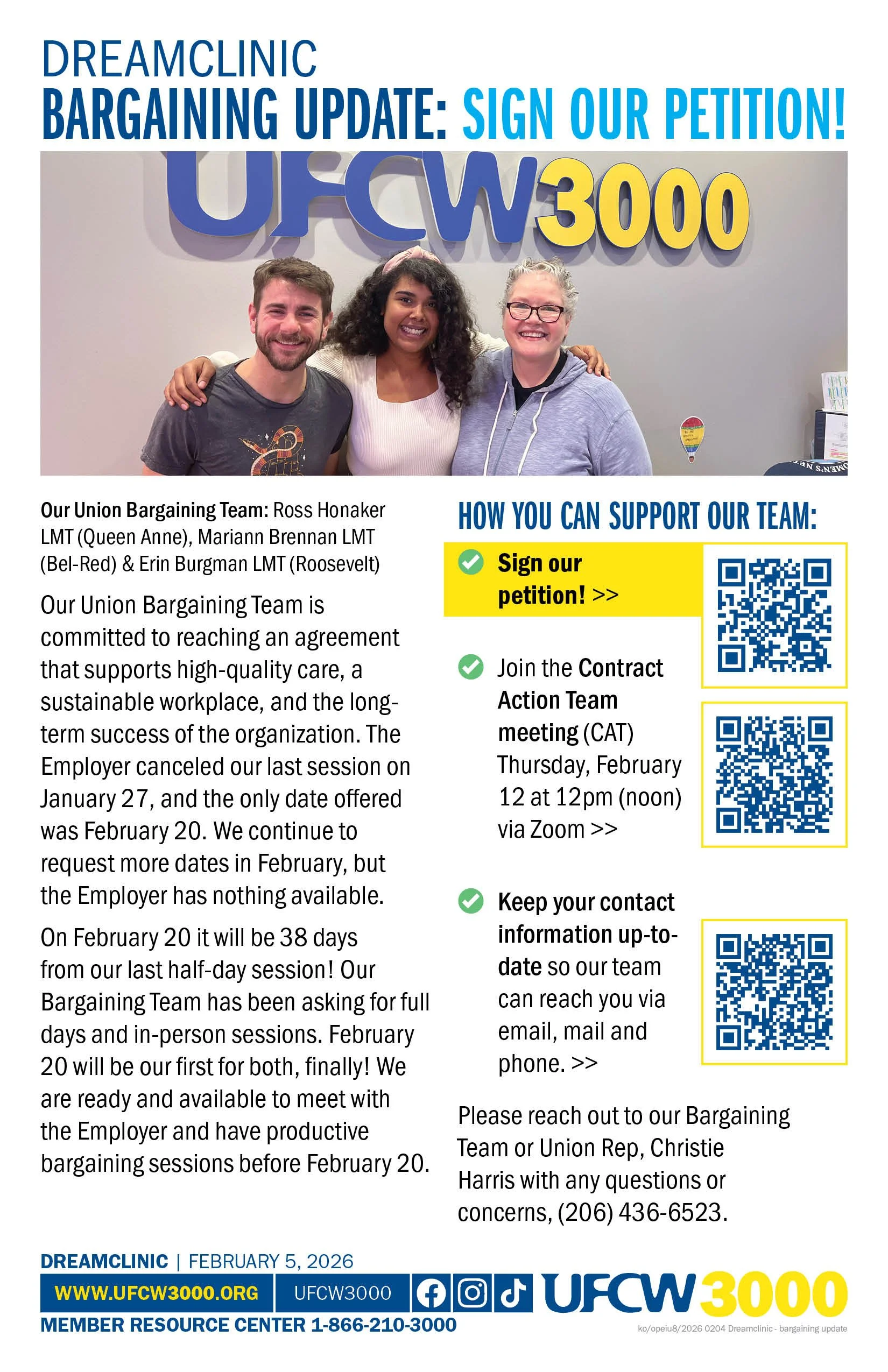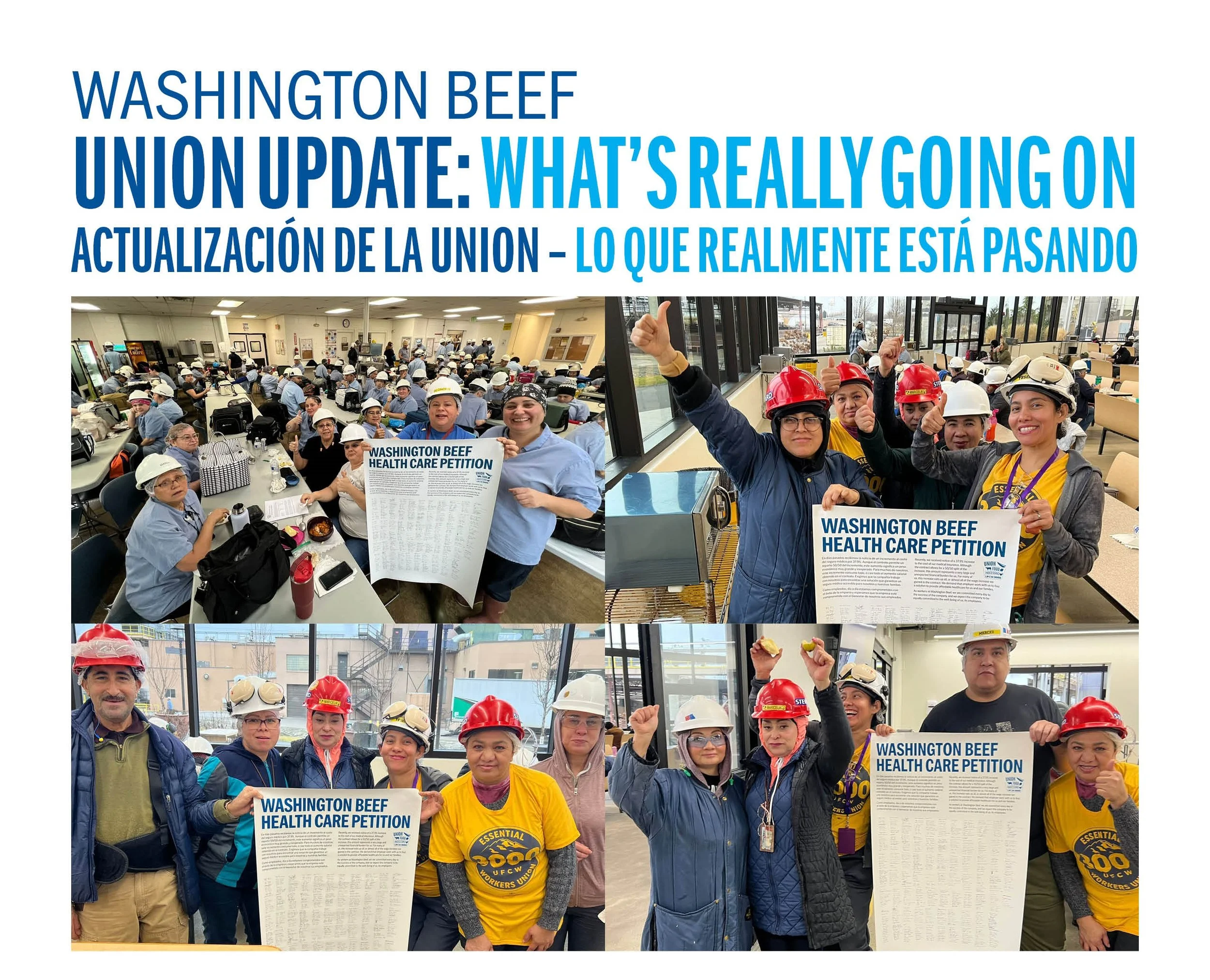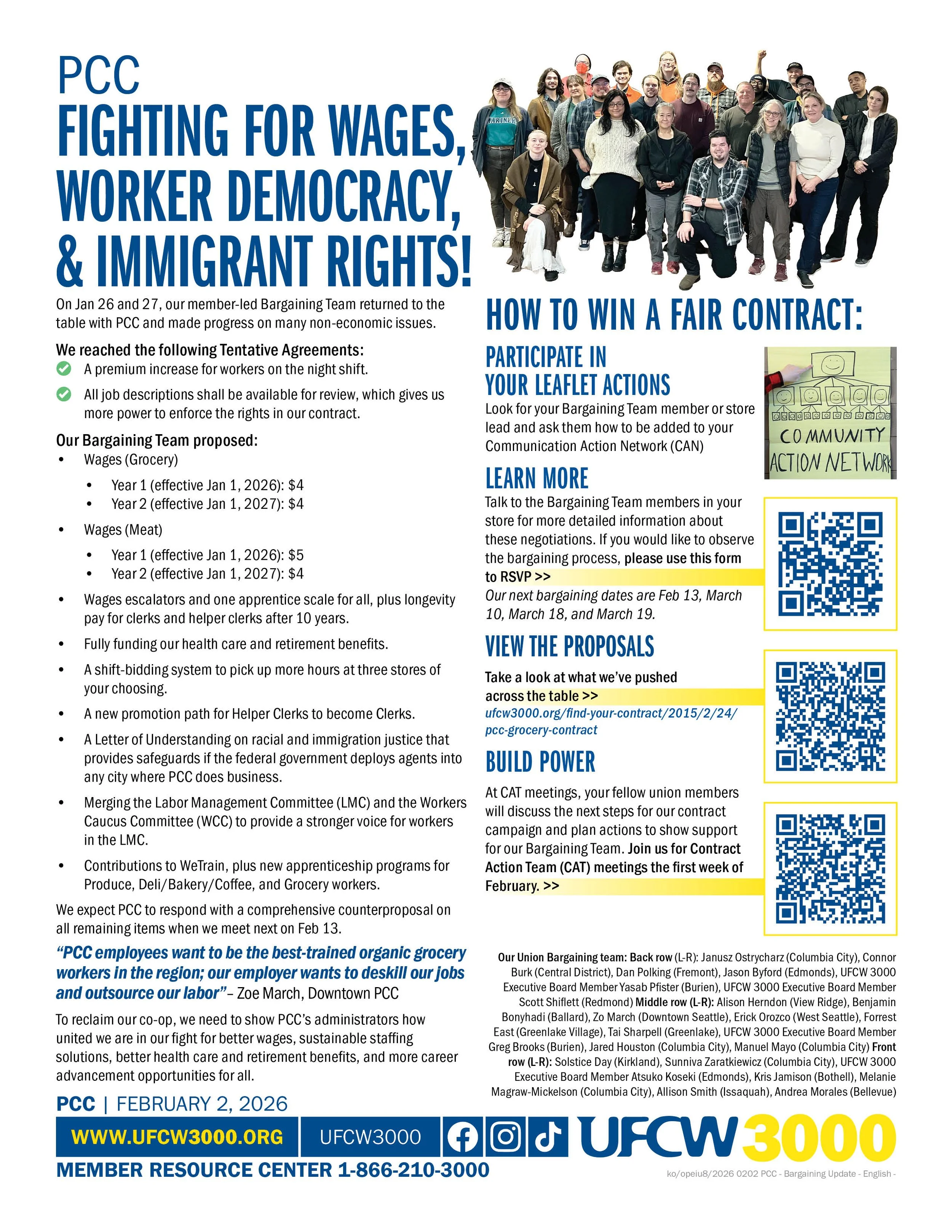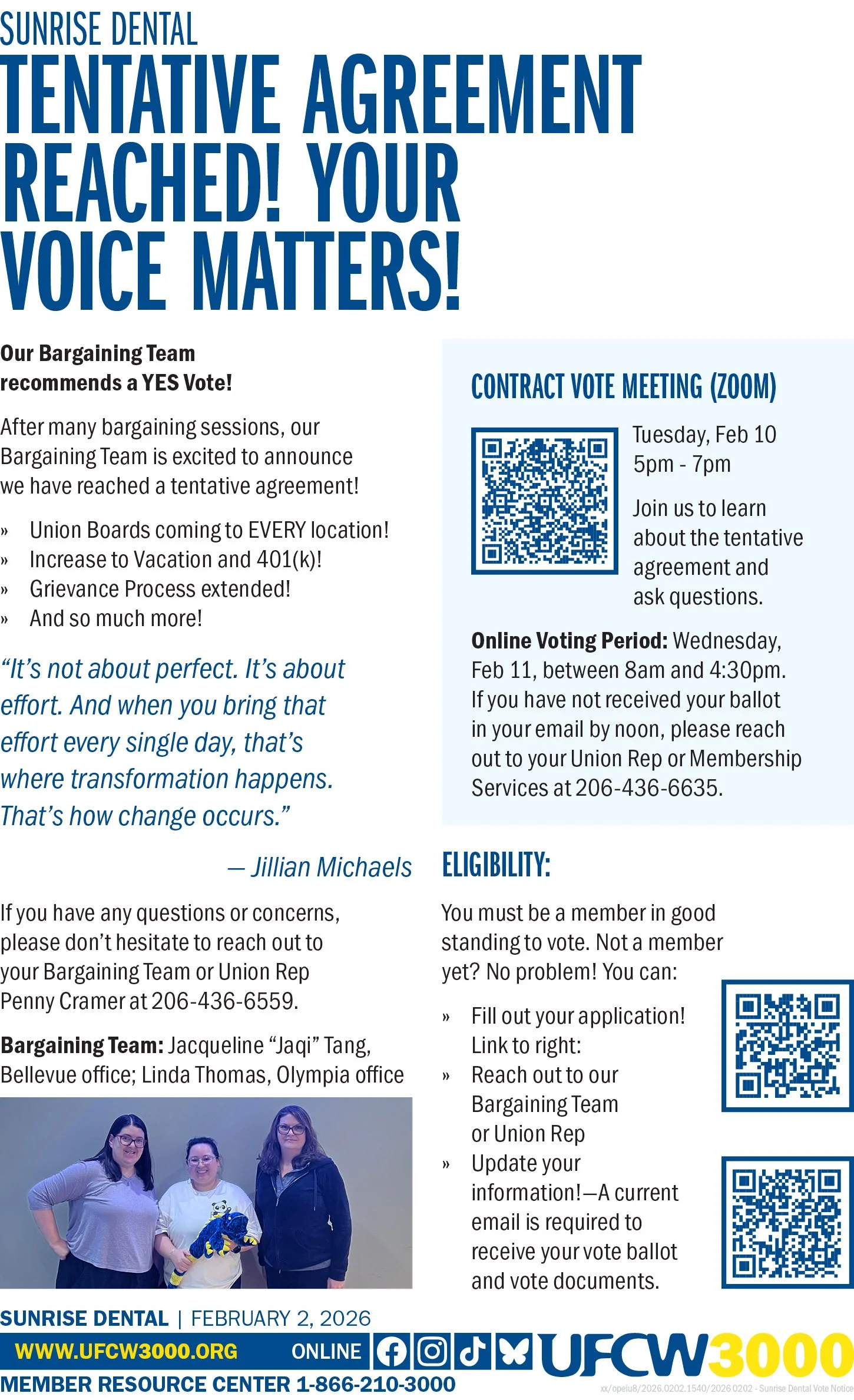Grocery Store Bargain: Sound Trust Pension, When you’re in a hole, stop digging.
/Sound Trust Pension
A Pension is one of the most secure ways to have income when you retire. In short, a pension provides a certain amount of monthly income to add to Social Security and savings. The pension plan relies on contributions and investment income to provide benefits. The Plan’s assets are managed by professional investment managers and there are many challenges for our pension that come from the two market crashes in 2000 and 2008, the changes in the grocery store industry over the last thirty years, and an aging population in general.
The amount someone gets at retirement depends on many things. If you have a question about your specific pension benefits, please call our grocery store workers’ retirement plan administrator, Zenith, at 206 282-4500, option 2, then option 3.
The bottom line:
While a pension is a good thing for workers, our pension, like many other pensions in our country needs significant changes if it is to continue to provide financial security for us into the future.
Working to put our plan in a positive place going forward:
When you’re in a hole, stop digging
Despite many necessary efforts to address the challenges in our pension, we have yet to be able to truly get to a place where the plan can implement benefit improvements over time. That is what we are trying to do in this contract negotiations cycle.
Barbara Rhodes
After retiring three years ago from many years at QFC, Barbara Rhodes has loads of advice from simple to profound. She knows she's blessed to have a pension and have three grown daughters who each have their own homes and can offer her support. But she'd prefer to be independent as much as possible.
"It's wonderful to have retirement but I'd say to all grocery store workers, have a plan. I wish I'd known twenty years ago what I know now. I don't just mean about your finances, I mean what you plan to do with yourself. Develop interests and those things when you're still young. And use your full health benefits before you retire too. I met with the Sound Health mental health counselor and they were very helpful. And protect your body, take your breaks and you'll be happier when you retire and are not as worn out as me.”
Sue Wilmont
“My pension is my security for my future. I can count on this income to stay independent when I can no longer work. It is my safety net if I were to become disabled for me and for my family.
A secure job and income is so important to me. My sister and I were raised by our single widowed mother. My father died suddenly when I was eight months old and my sister was two. We constantly struggled to eat and pay bills month to month.
I have stayed in my career for 38 years because I know that I have a plan for my later years. I have loved my job and its close connection to my community and I am proud that I have earned a steady income for retirement and I will not be a burden to my family or my community members.
My pension is the result of my coworkers, as a group, thoughtfully deferring wages for a time when we or our families will need it. It was there as an asset when we purchased our home. It was there as an asset when I was able to secure loans for my kids' college. It was there as an asset when I helped my children to buy a home.
Over the years I have accepted cuts in order to keep it secure. My pension is my deferred income. It needs to be fully protected now and for future workers.”
We are addressing many issues including:
The funding formula for our plan (the combination of contributions from employers that we have negotiated and return on investments from the plan’s manager) is not getting the Plan to the level where we can look to possibly enhancing benefits with greater security.
The number of retirees continues to increase while pensionable hours are declining with store closings and more members receiving shorter scheduled hours. This negatively impacts employer contributions and exacerbates funding challenges into the future. Also, new employers are not joining our plan and we are not capturing the additional financial assets new employers would bring to our plan.
Financial challenges create unfunded benefits for our pension.
Because the plan has been underfunded and in Red Zone status*, benefit levels for workers have not improved for many years, and this hinders the future retirement of participants.
The Solution: Union Pension Bargaining Discussion Efforts to Date Are Getting Closer to a Solution
Since early in 2019, our union has met at least six times with Kroger and in late July we were able to reach a tentative agreement that we believe will be the critical solution to shoring up our pensions. It will allow us to meet both our immediate and long term financial goals. We have also met with Albertsons/Safeway however to date we have been unable to reach a similar agreement. Recently we have scheduled a series of multi-day meetings with Albertsons/Safeway in hopes of reaching an agreement that will serve to further secure our pensions. We have not yet been successful but hope to be able to reach an agreement soon. Once we can reach an agreement with the employers then we need to meet with regulators to get them to approve our plan.
A little bit of the past
Two financial market crashes since 2000 have resulted in major problems for pensions all across the US. While our plan is in the Red Zone we have negotiated fixed rate increases that have allowed the Plan to remain solvent for the long term and in 2013 we saved the pension plan covering over 10,000 retirees from the Meat Departments. Our plan covers nearly 100,000 participants and beneficiaries. Because of the market crashes, and even taking into account major efforts to reduce costs and increase funding into the plan, pension funding has dominated grocery store contract negotiations since 2010. We have many workers who have not seen benefit improvements. We believe that we would be better off with a longer term solution as opposed to going from bargain to bargain, without really solving the underlying problems in the plan.
It is essential that we fix this plan and get out of what is called “Red Zone” status and into “Green Zone” status. We continue to spend large sums of money without long term solutions. If we fix our plan for the long term we will be allowed to make improvements for the plan and avoid an unacceptable risk of failure. We do not want to ever seek financial assistance from the government agency insuring pensions, the Pension Benefit Guaranty Corporation. While that scenario is a very long way from ever happening. Our goal is to create a Plan that will avoid that from any consideration.
The Present Goal
The Union is interested in a negotiated solution that stabilizes the Sound Trust and maximizes benefit security for all plan participants in the long run.
Improve retirement security for all participants.
Stabilize current plan.
Build a sustainable plan that does not change as much with extreme ups and downs in the financial markets.
Minimize the impact of pension plan funding on future collective bargaining so that we can focus more attention on better wages and other benefits in negotiations.
The Future: Our Goal
1) Accelerate funding and secure those benefits that have already been earned
2) Consider a Variable Pension Plan design going forward. Elements of a variable plan:
Defined benefit plan offering a life-time benefit.
Benefits adjusts annually up or down based on investment performance.
Shares investment risk with participants by allowing benefit to adjust up or down depending on investment performance but the Plan’s investments are more conservatively invested so extreme movements are minimized.
Funding is always in balance and avoids underfunding risk.
Employer contributions are subject to less ups and downs of the market.
Workers have opportunity to earn benefit increases as wages go up over time.
Creates a stabilization reserve of assets to be used to reduce risk to pensions during any future downturn.
3) Negotiate a long-term pension funding agreement.
4) Pass legislation to help troubled plans borrow money at low rates.
_____________________________________________________________________________________
*Under the Pension Protection Act of 2006 (PPA), trustees are required to conduct financial status projections of their plans at least once each year. If the projections reveal a problem, a plan will be classified as either “endangered” (Yellow Zone) or “critical” (Red Zone). Our plan’s Red Zone status has hampered our ability to negotiate improved retirement benefits for our members.
Plans that are neither endangered nor critical are considered to be in the “Green Zone. Workers can negotiate improved benefits for plans considered to be in the Green Zone.
** Unfunded benefit liabilities are obligations that do not have sufficient funds set aside to pay the benefits. Employers are reluctant to participate in plans that have unfunded liabilities because they do not want to take on debt obligation.


